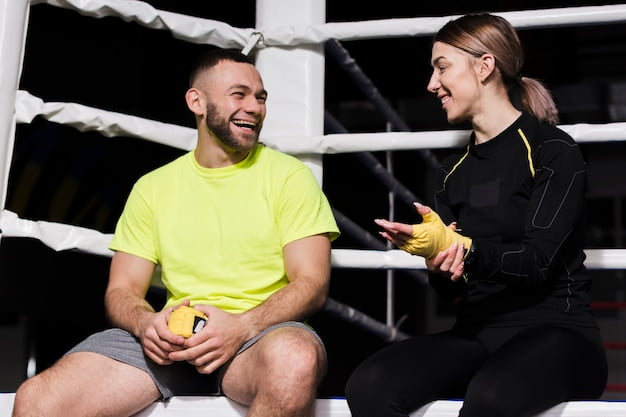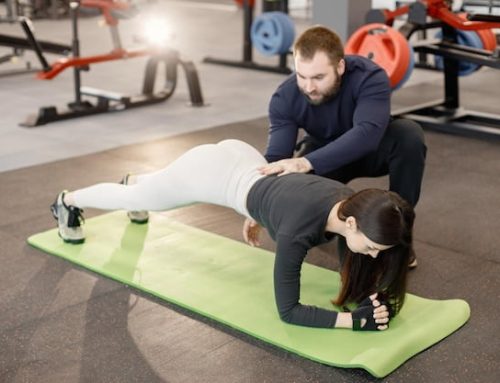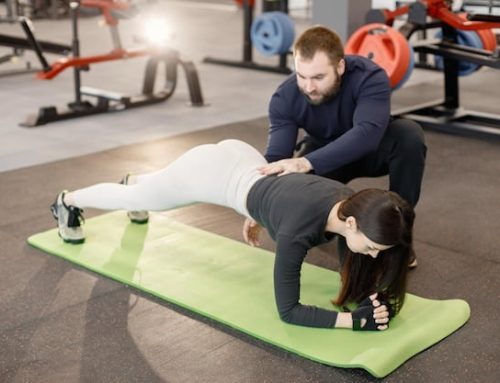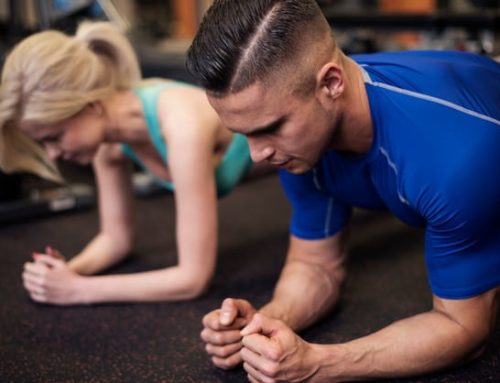The Benefits of Sports-Specific Training
Sports-specific training refers to training programs designed to improve performance in a specific sport or athletic activity. By focusing on the unique demands and movements of a particular sport, sports-specific training can provide several benefits. Here are some of the advantages of sports-specific training:
- Improved Sport-Specific Skills: Sports-specific training hones the specific skills and techniques required in a particular sport. It allows athletes to enhance their agility, speed, endurance, power, coordination, and sport-specific movements. This targeted training can directly translate into improved performance during competitions.
- Enhanced Athletic Performance: By focusing on the specific physical and physiological demands of a sport, sports-specific training helps athletes develop the necessary physical attributes for optimal performance. This can include improvements in strength, power, flexibility, cardiovascular fitness, and overall athletic ability.
- Injury Prevention: Sports-specific training often incorporates exercises that address common injury risks associated with a particular sport. By improving muscular imbalances, enhancing stability and flexibility, and developing proper movement patterns, athletes can reduce the likelihood of sports-related injuries.
- Increased Mental Focus and Strategy: Sports-specific training not only strengthens the body but also helps athletes sharpen their mental focus and develop strategic thinking. It allows athletes to practice game-specific situations, decision-making, and tactical strategies, enhancing their ability to perform under pressure.
- Specific Energy System Development: Different sports rely on different energy systems. Sports-specific training can target the specific energy system used in a sport, such as aerobic endurance for long-distance running or anaerobic power for sprinting. This can improve an athlete’s ability to meet the energy demands of their sport more efficiently.
- Sport-Specific Conditioning: Each sport has unique physical demands, whether it’s the stop-and-start nature of basketball or the continuous running in soccer. Sports-specific training helps athletes develop sport-specific conditioning, enabling them to sustain high-intensity efforts and recover quickly during competition.
- Increased Confidence and Mental Resilience: By focusing on sport-specific skills and physical conditioning, sports-specific training boosts an athlete’s confidence and mental resilience. Athletes who feel prepared, skilled, and physically capable are more likely to perform at their best and handle pressure situations effectively.
Improved Performance
One of the most significant benefits of sports-specific training is improved performance. This type of training focuses on improving the specific skills and movements needed for a particular sport, which can lead to athletes being able to perform better during games and competitions. For example, if you are a basketball player, sports-specific training may focus on improving your vertical jump and agility, which are critical skills for success in basketball.
Reduced Risk of Injury
Another significant benefit of sports-specific training is a reduced risk of injury. When athletes participate in a sport, they are often putting their bodies under intense stress and strain. Sports-specific training helps to prepare the body for these demands, reducing the risk of injury. For example, a soccer player may participate in training that focuses on improving their balance and stability, which can help prevent ankle sprains and other common soccer injuries.
Increased Muscular Strength and Endurance
Sports-specific training can also help athletes to increase their muscular strength and endurance. This type of training often involves high-intensity exercises that are designed to target specific muscles used during the sport. By focusing on these specific muscles, athletes can increase their strength and endurance, allowing them to perform at a higher level for longer periods of time.
Improved Agility and Reaction Time
Agility and reaction time are critical skills in many sports, particularly those that involve quick movements and changes of direction. Sports-specific training can help athletes to improve these skills by incorporating exercises that focus on improving agility and reaction time. For example, a football player may participate in drills that require them to change direction quickly or react to a signal from the coach.
Who can become a coach?
A coach’s job is to help others make positive changes in their lives. It is a profession where you need to have the skills of a psychologist as well as a career counsellor. Who can become a coach? Fortunately, the requirements are not great. Among other things, you do not need to have completed a master’s degree or a doctorate. If we already have a university degree in, for example, psychology, this will certainly be helpful to us in our later work. However, for good measure, a postgraduate degree in coaching is sufficient to have sufficient knowledge to enter this profession. A personal coach needs to acquire the knowledge to bring out the potential that is already in other people. For this, a psychological approach is needed. A coach is also useful in matters strictly related to professional development. Here, in turn, knowledge of labour markets and career counselling is required in order to be able to help such a person find the right profession or workplace for his or her skills and character.
During the postgraduate course for future coaches, many things can be learned. But above all, the knowledge is geared towards helping others succeed and solving their problems. And even to solve problems in the working environment when hired to work with a team of employees. Therefore, he or she must have the knowledge needed not only to motivate people to perform, but also to integrate employees or prepare them for changes in their working life. This is why the right studies are needed in order to learn specific actions.
Bachelor’s degree in sports coaching
The Bachelor of Sports Coaching degree programme typically takes four years to complete. This degree programme will provide you with a comprehensive education in sports coaching. The bachelor’s degree programme is aimed at those who wish to pursue a coaching career at secondary or tertiary level.
Master’s degree in sports coaching
If you want to pursue a career in sports coaching, you may want to consider pursuing a master’s degree in sports coaching. A master’s degree typically takes two years to complete and provides a more in-depth understanding of coaching theory and practice. A master’s degree, can lead to a career at the collegiate or professional level.
Doctoral degree in sports coaching
For those who wish to pursue a career in sports coaching at the highest level, a PhD in sports coaching may be the right choice and provides an education in coaching theory and practice.
Conclusion
coathing is an excellent way for athletes to improve performance, reduce the risk of injury and increase overall fitness and athleticism. If you are interested in a career in sports coaching, you need to get the right education and training. Whether you choose to pursue a bachelor’s, master’s or doctoral degree, a sports coaching degree can open up a world of career opportunities in coaching and beyond.






